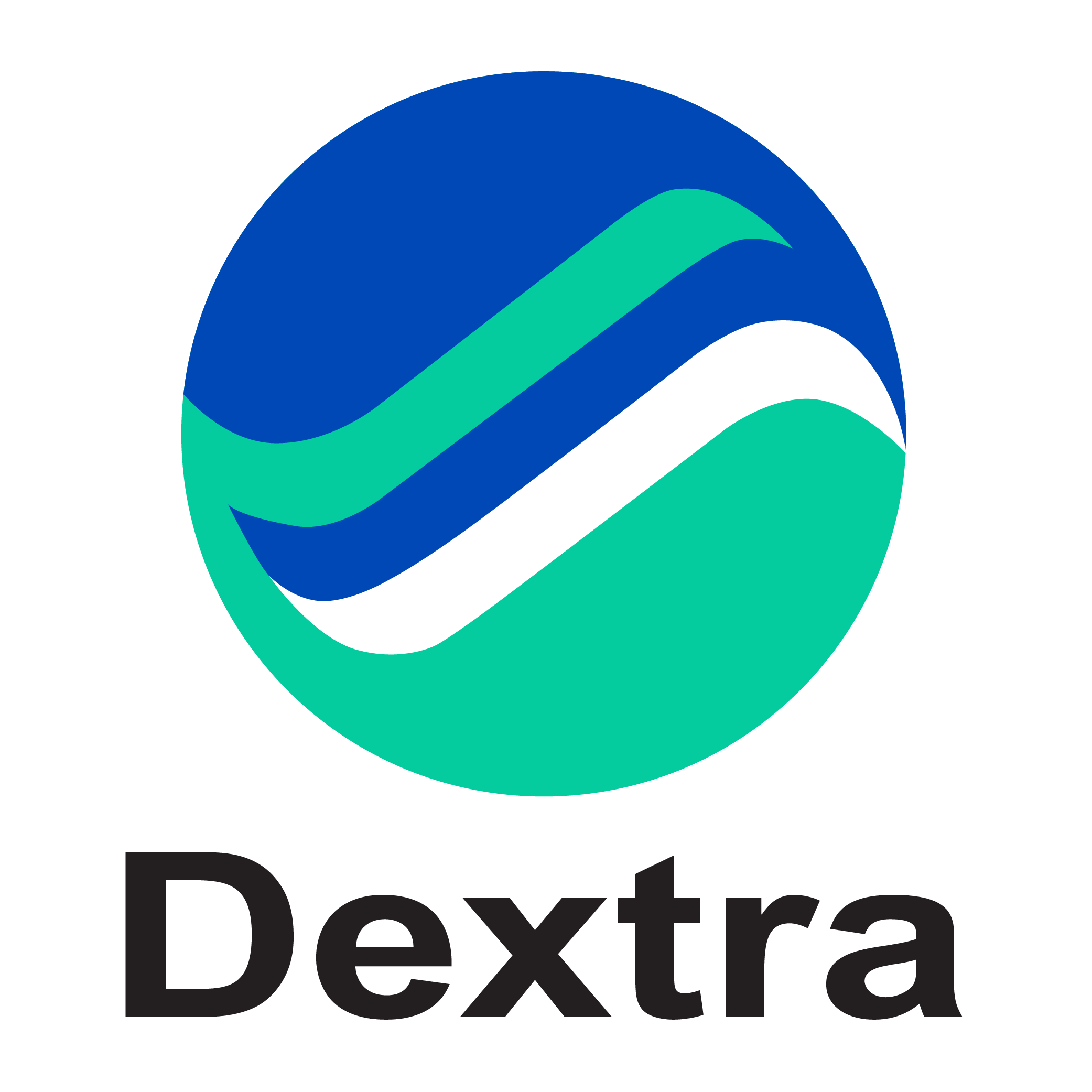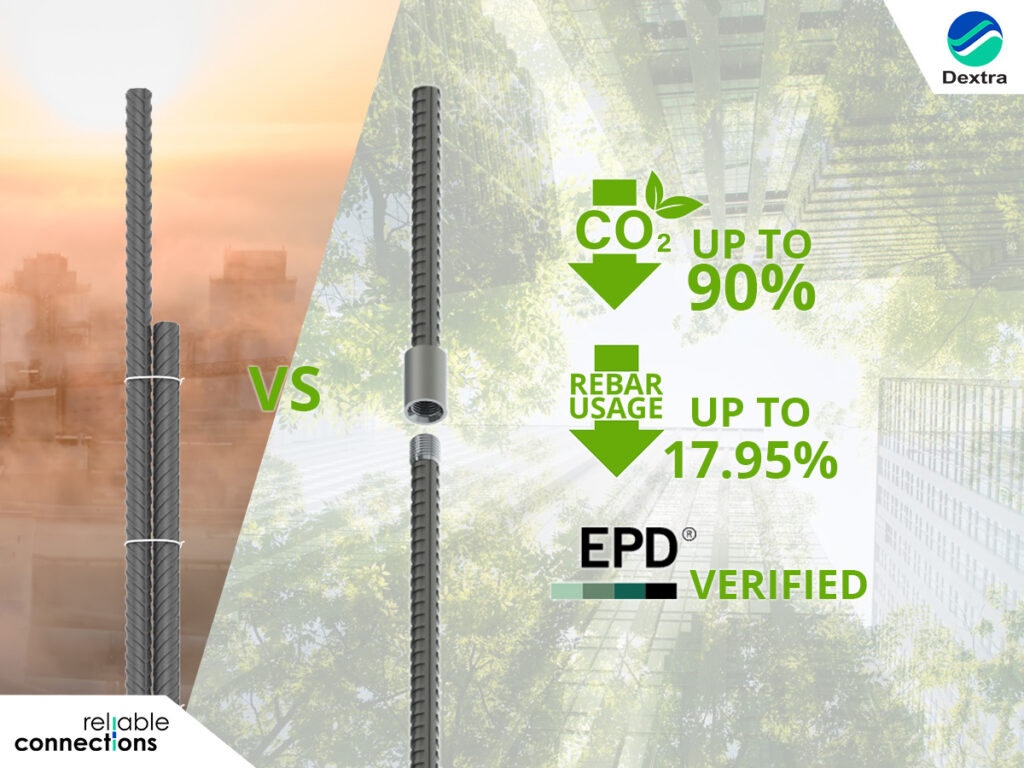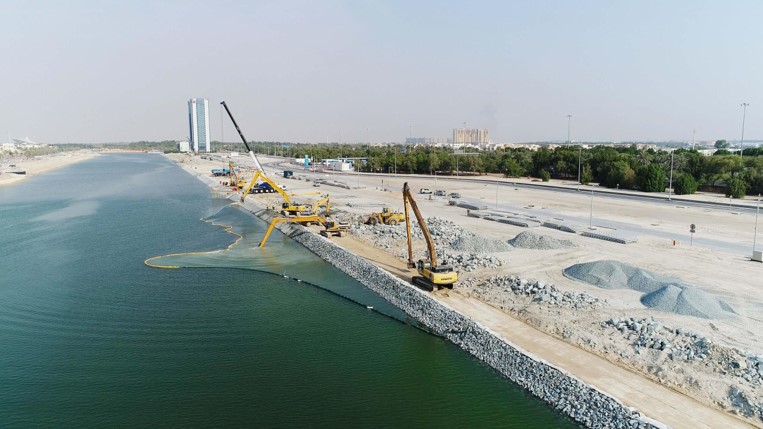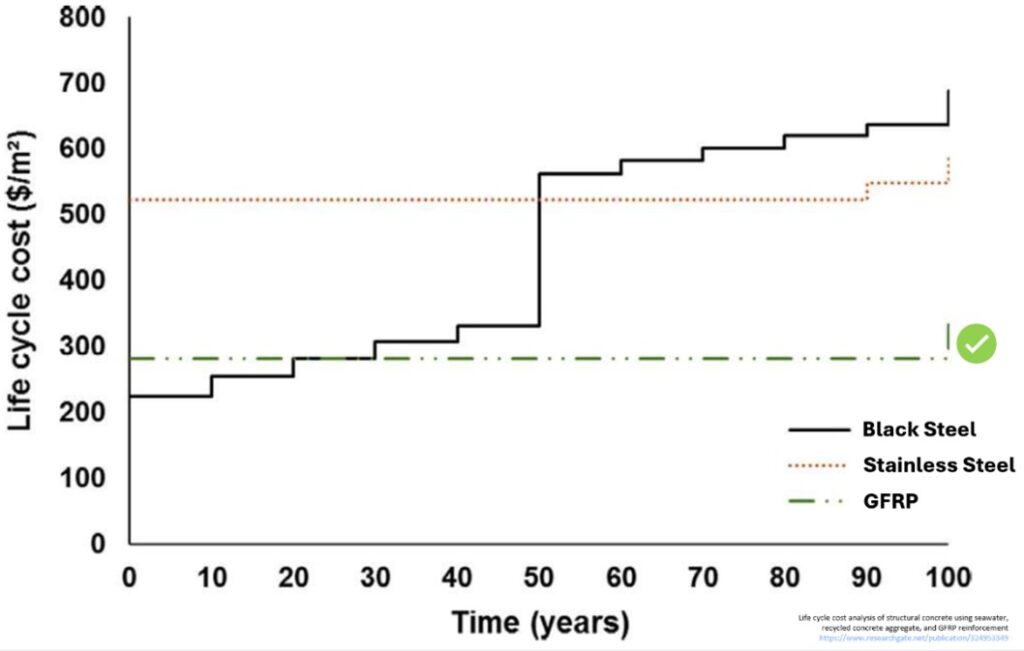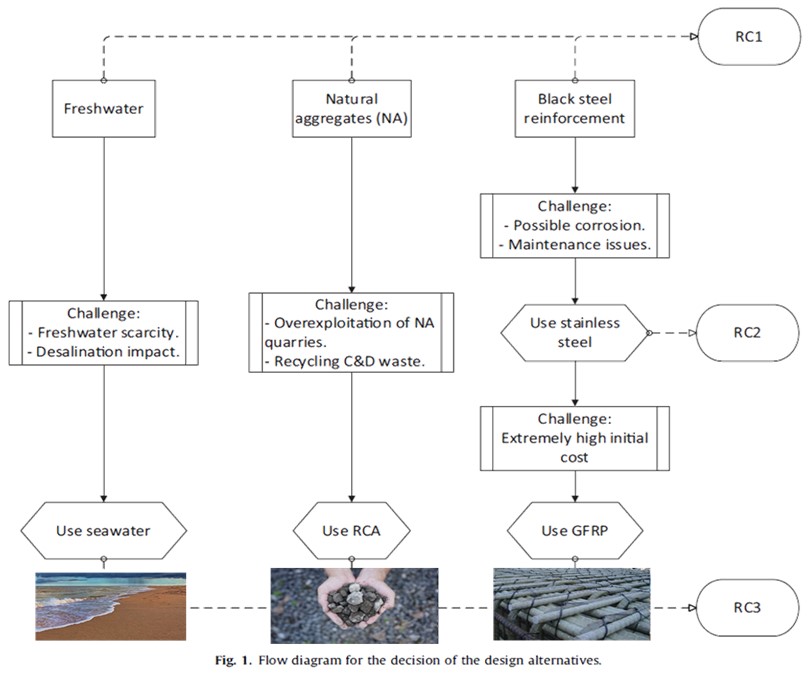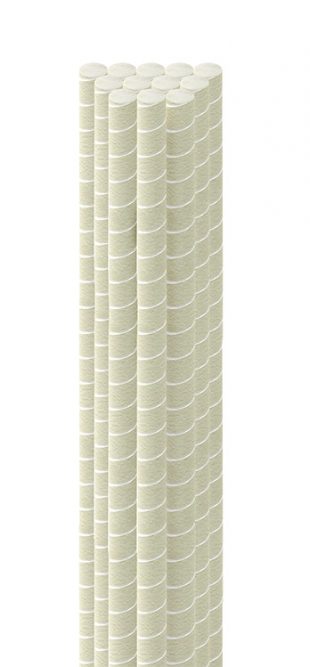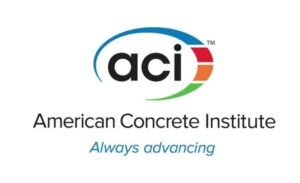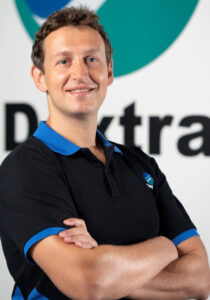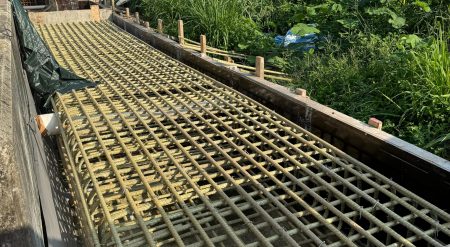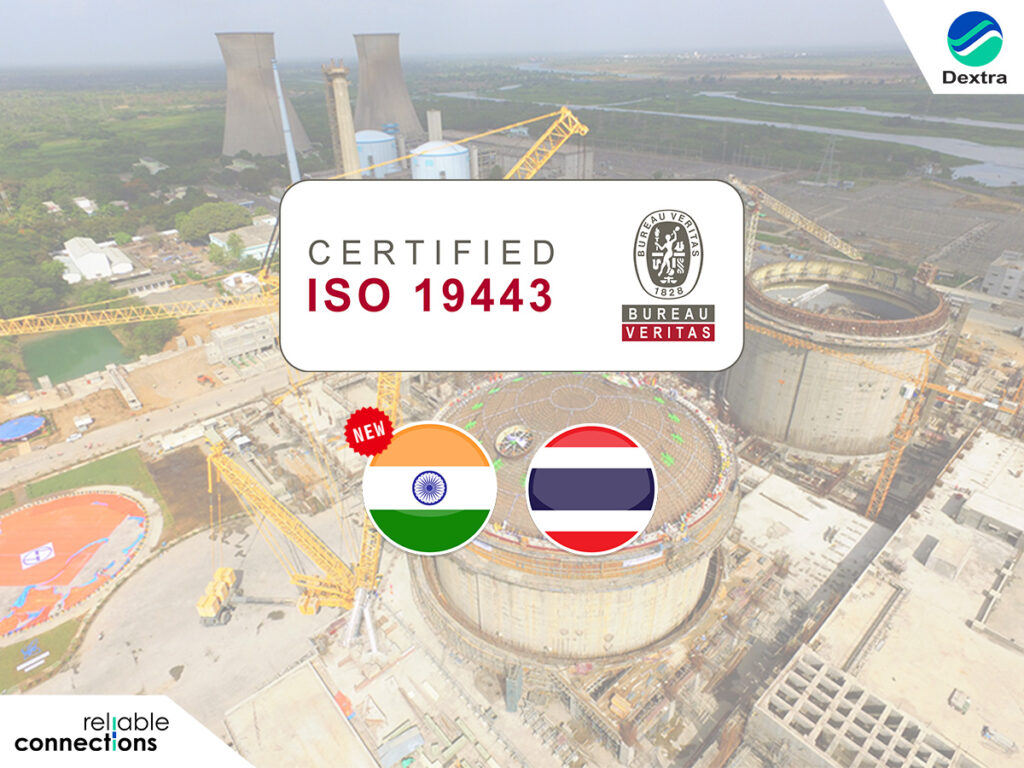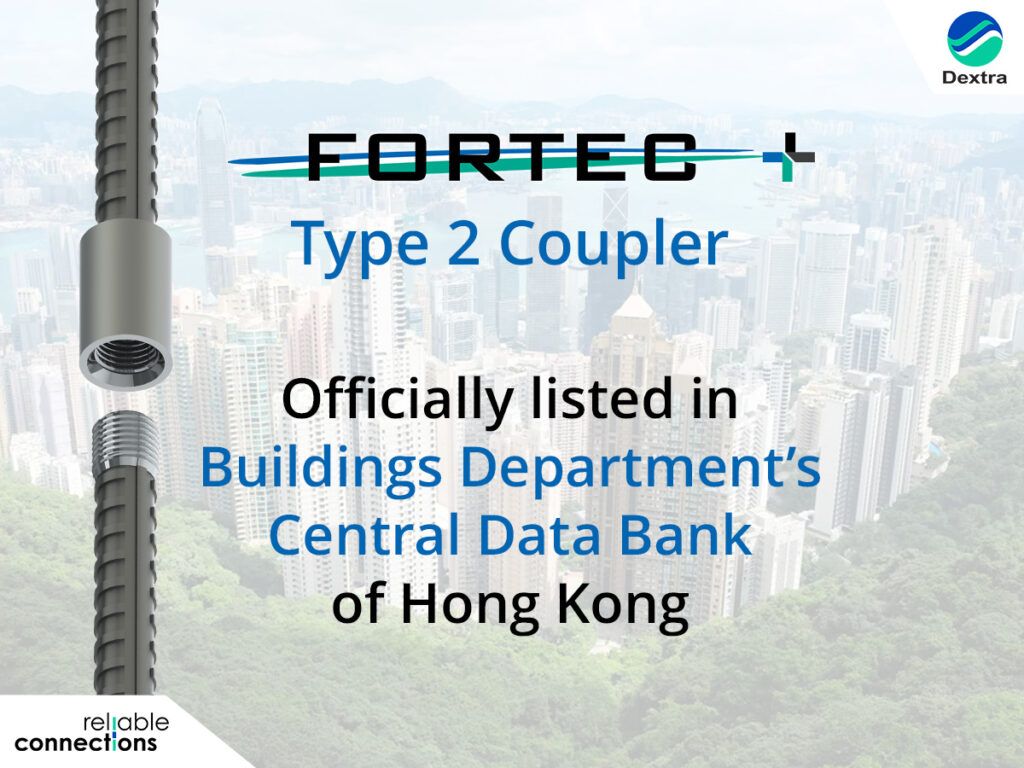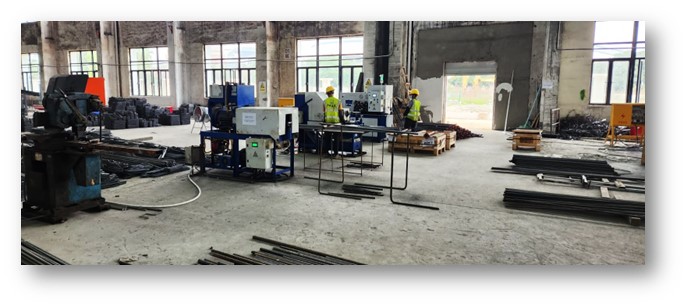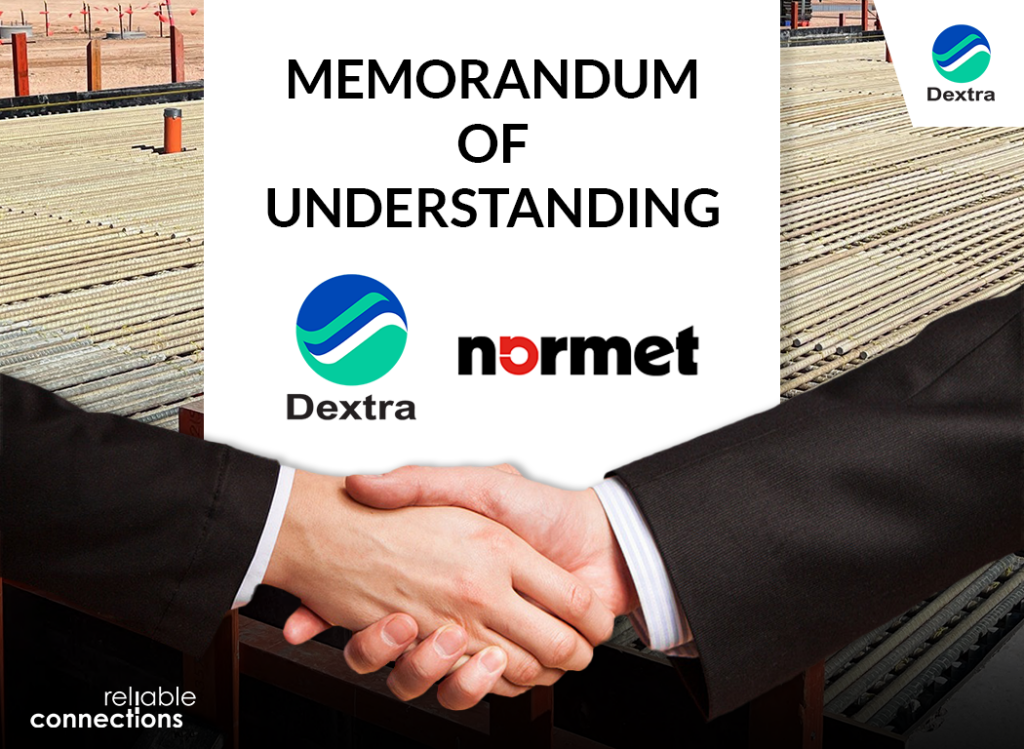At Dextra, sustainability is not just a goal, it is an ongoing commitment deeply integrated into our operations, innovations, and partnerships.
In an era where environmental consciousness is more critical than ever, we are proud to lead the challenge of creating a sustainable future for the construction industry.
The Role of Construction in Environmental Impact
The construction industry is a cornerstone of modern development, shaping the homes, offices, and infrastructure that define our lives.
However, it also has a substantial environmental footprint. From resource-intensive processes to significant waste generation, the sector’s activities contribute to global environmental challenges.
Recognizing this, Dextra has embraced its responsibility to drive change and lead by example.
Proactive Solutions for a Sustainable Industry
Dextra has taken bold steps to offer innovative solutions that prioritize sustainability without compromising performance.
Our technologies are designed to:
- Enhance Efficiency: By enabling more efficient building practices, we help reduce energy consumption and resource use during construction.
- Minimize Waste: Our advanced systems are engineered to optimize material usage, significantly reducing wastage.
- Promote Durability and Energy Efficiency: We support the creation of structures that are not only long-lasting but also energy-efficient, contributing to a lower carbon footprint over their lifecycle.
Sustainability as a Collaborative Journey
What truly sets Dextra apart is our philosophy that sustainability is a journey. Achieving meaningful progress requires constant adaptation, innovation, and collaboration.
This belief drives us to work closely with:
- Industry Partners: Sharing knowledge and fostering innovation to develop groundbreaking solutions.
- Customers: Providing tools and expertise to help them achieve their sustainability goals.
- Communities: Engaging with local stakeholders to ensure our efforts align with broader environmental and social objectives.
Building a Greener Future, Together
We understand that the path to sustainability is a collective endeavor. By forging strong partnerships and maintaining a relentless focus on innovation, we aim to drive transformative changes in the construction industry. Together, we can create a greener, more sustainable world.
Join us on this journey.
Explore how Dextra is making a difference, visit our Sustainability page.


